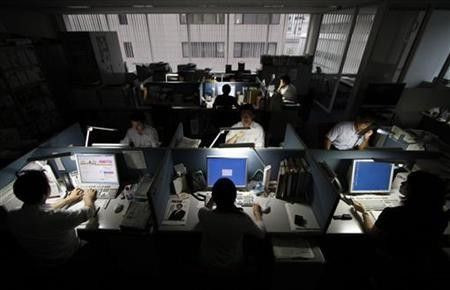Studies Suggest Messy Deskers Could Be More Creative

At home, school or office, the importance of being organized and tidy is something that has been driven into the heads of everyone right from childhood. Being messy was strongly condemned as a doomed path. However recent studies, conducted by the University of Minnesota suggest that these thoughts of tidiness might not be fully true. Most creative people are found to have messy desks and cluttered work spaces. When you habitually fail to put things in their designated place, you tend to become innovative to find out ways to make everything fit properly.
Psychological scientist Kathleen Vohs, from the University of Minnesota, who set out to bust the legend that tidiness translate to success explored various sample cases and not just her desk. After a series of trials, Vohs concluded that messy rooms provoke more creative thinking and backed it up with scientific evidence!
Creative thinking is more like thinking out of the box and conventional reasoning and a messy desk can prompt the user to modify the environment to suit his needs. The study in the University of Minnesota featured an experiment in which the volunteers with tidy desks chose apples over candy bars and opted for established solutions rather than innovative ones. A messier desk may aid your creative thought process. However, to execute a creative concept a clean and organised desk would be a better choice.
"There are two types of messy environments," said Vohs to NY Daily News.
"One is unkempt and one is dirty. I don't think these results suggest leaving around banana peels and dirty dishes for a week."
Albert Einstein, rightly asked "If a cluttered desk is a sign of a cluttered mind, then what are we to think of an empty desk?" Creative geniuses like Einstein and Mark Twain had a cluttered desk. Coming to the contemporary era, Steve Jobs, the inventor of iBooks, had trouble maintaining real life books and his work space, which only added to his excellence and creativity.





















